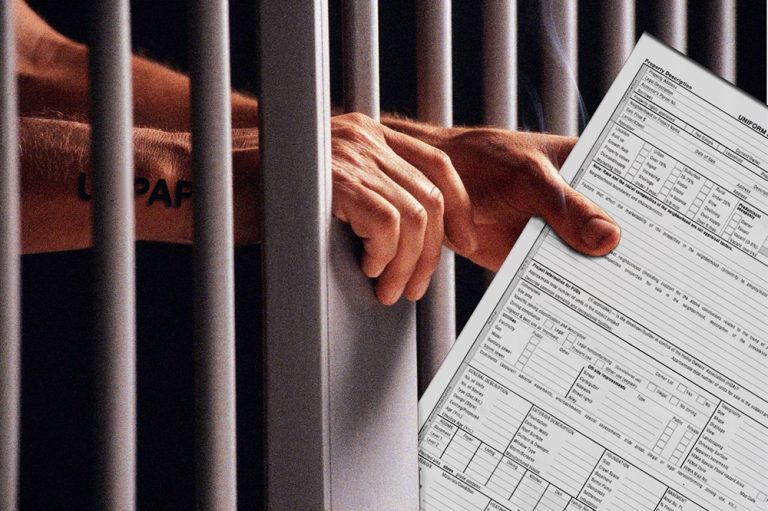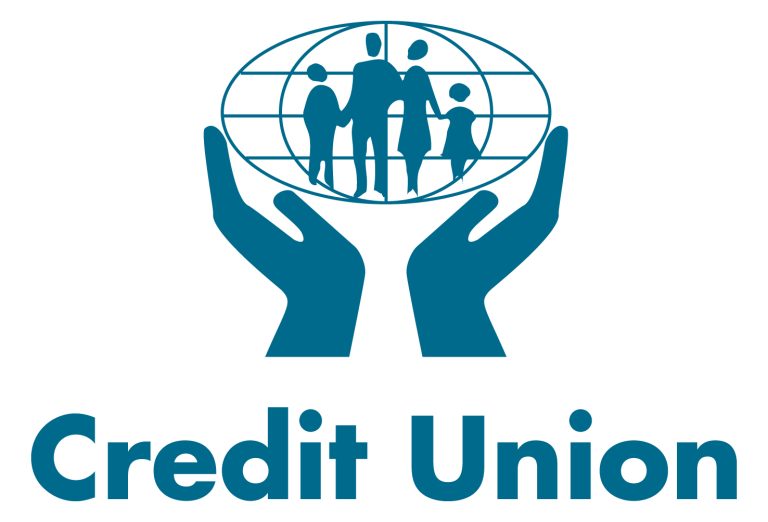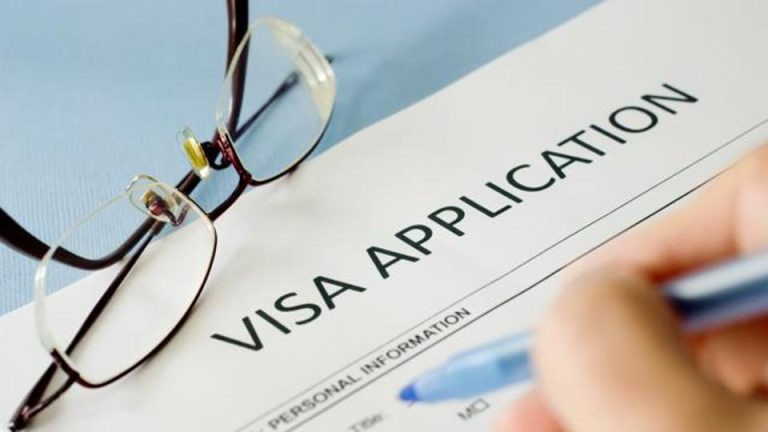Investment Fraud: John Quadrino Charged With Wire Fraud Conspiracy For Orchestrating a Ponzi Scheme
Oceanside Man Indicted In Multi-Million-Dollar Fraud Scheme John Quadrino Charged With Defrauding Over 80 Investors in a Ponzi Scheme,…

Oceanside Man Indicted In Multi-Million-Dollar Fraud Scheme John Quadrino Charged With Defrauding Over 80 Investors in a Ponzi Scheme,…

Staten Island Man Pleads Guilty In Manhattan Federal Court To Defrauding Investors Of Over $2 Million Joon H. Kim,…

Canadian Man Convicted Of Multi-Million Dollar Fraud Targeting U.S. Lawyers HARRISBURG – The United States Attorney’s Office for the…

One Individual Charged With Making False Statements In A Reverse Mortgage Loan Application SAN JUAN, P.R – On March…

Owner of Medical Equipment Provider Sentenced to 12 Years In Federal Prison For Collecting A Debt By Extortion and…

Indictment: Credit Union Was Liquidated After Employee Stole More than $5 Million WICHITA, KAN. – A Parsons woman was…

Two Georgia State Prisoners Sentenced for Committing Tax Fraud using Stolen Identities from Prison GAINESVILLE, Ga. – Enrique Toribio…

A novel brand of cybercrime has arisen in the last few years which targets those attempting to buy or…

Former Texas Congressman and Associate Indicted for Multi-Year Fraud Scheme HOUSTON – A former U.S. Congressman and one of…
The following are some of the more common laws that some towing companies violate. We all know that sometimes…

ALEXANDRIA, Va. – Two Iraqi refugees living in Northern Virginia were arrested this morning and charged along with another…

Owner of Florida Telecommunications Company and His Co-Conspirator Sentenced To Prison for Involvement in International Cellphone Fraud Scheme A…

Former Fedex Driver Who Set up Fake Hedge Fund Sentenced to 33 Months Assistant U.S. Attorney Andrew J. Galvin…
The Federal Trade Commission has reported identity theft as the top consumer complaint, affecting millions of Americans each year….

CEO, CFO, and Company Convicted of a $180 Million Scheme to Defraud, Launder Money, and Obstruct Justice PHILADELPHIA –…

Florida Businessman Pleads Guilty To Conspiracy To Commit Tax And Bank Fraud Concealed Approximately $2.5 Million in Secret Belize…

Osceola Nutritional Supplement Provider & CEO Sentenced Madison, Wis. – Jeffrey M. Anderson, Acting United States Attorney for the…

Investment Adviser And Broker Found Guilty In Manhattan Federal Court Of Securities Fraud, Wire Fraud, Conspiracy And Aggravated Identity…

Former GSA Official and Husband Plead Guilty In Nepotism Scheme ALEXANDRIA, Va. – A former senior official with the…

University Law Professor Charged In Multi-Million Dollar Corporate Fraud Scheme Acting United States Attorney Gregory G. Brooker today announced…